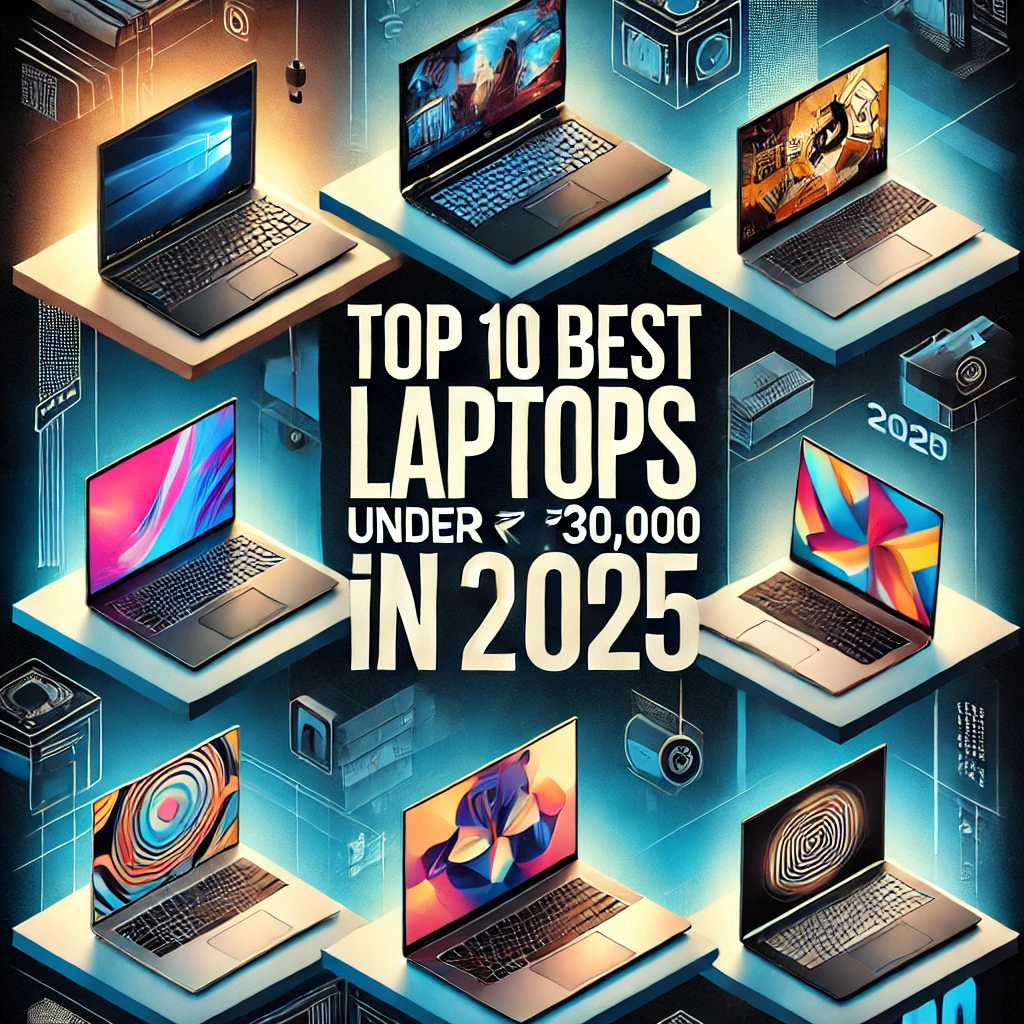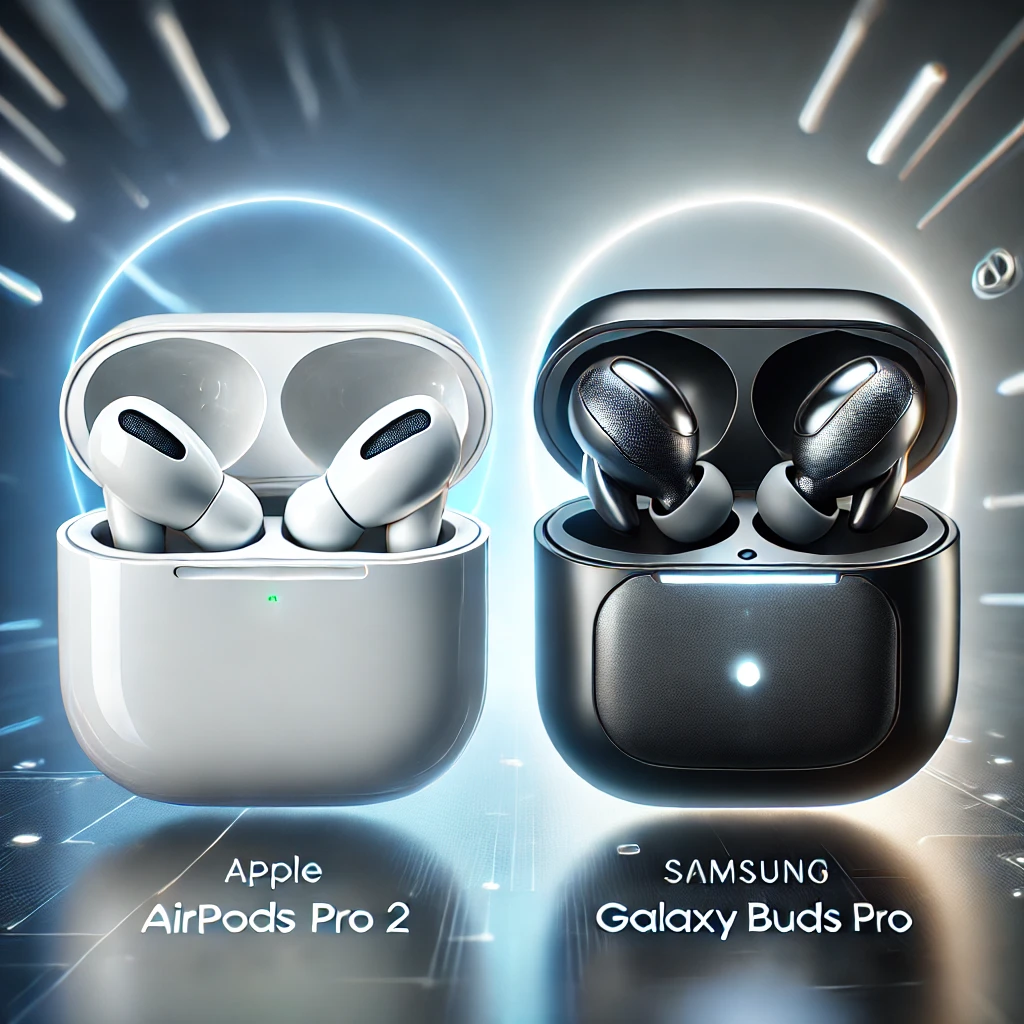Get Your Exclusive PDF!
Unlock valuable insights and tips in this exclusive PDF, crafted just for you! Join my community of followers and dive into the content that will inspire and inform.
Download NowFree for my awesome followers! 🚀
📌 Introduction :
When it comes to job or internship interviews, many candidates lose opportunities due to poor responses to common questions. In this blog post, we’ll break down the interview questions that lead to rejection and how you can answer them in a way that truly impresses recruiters.
Whether you’re preparing for a tech, marketing, or business internship, these tips will help you stand out from the crowd and boost your chances of success.
🧠 Why These Interview Questions Are Critical
Many interviewers use standard questions to evaluate your:
- Confidence
- Communication
- Mindset
- Problem-solving ability
And yet, most people get rejected because they answer without preparation, give robotic responses, or fail to highlight their strengths.
🧾 The 30 Interview Questions That Often Lead to Rejection
Each question below includes a sample approach to answer confidently and originally, so you can avoid common mistakes.
✅ 1. Tell me about yourself.
🎯 Answer:
“I’m a curious and self-driven learner who believes in building real-world skills beyond textbooks. Over the last year, I’ve worked on multiple projects—some successful, some not—but each taught me something valuable. I enjoy solving problems creatively and I thrive in environments where I can continuously improve. I’m not here just for a job, I’m here to grow while contributing something meaningful.”
✅ 2. Why should we hire you?
🎯 Answer:
“I understand you’re not just hiring a resume—you’re hiring a problem-solver. I bring both technical knowledge and a mindset that embraces feedback and learning. I don’t just meet expectations, I actively try to exceed them. I’ll not only adapt quickly to your workflow but bring fresh energy and initiative to the team.”
✅ 3. What are your strengths and weaknesses?
🎯 Answer:
“My biggest strength is adaptability. Whether I’m working solo or with a team, I quickly understand the needs of the moment and shift my approach accordingly. As for weaknesses, I used to say yes to every opportunity, which spread me thin. But I’ve learned to prioritize and say no when it helps me focus on doing one thing really well.”
✅ 4. Why do you want this job/internship?
🎯 Answer:
“I’m not looking for just a line on my resume — I want hands-on learning from a real-world team that’s building something meaningful. This role aligns with both my interests and the kind of challenges I enjoy solving. It’s the kind of place where I can contribute, learn, and grow all at once.”
✅ 5. Where do you see yourself in 5 years?
🎯 Answer:
“In 5 years, I see myself leading projects where I can bring ideas to life from scratch. Whether it’s as a tech lead or strategist, I want to be in a position where I mentor others and continue learning, while driving innovation in a company I believe in.”
✅ 6. Tell me about a time you faced a challenge and how you handled it.
🎯 Answer:
“In one of my group projects, we hit a major technical roadblock days before the deadline. Instead of panicking, I broke the issue into smaller pieces, reassigned tasks based on everyone’s strengths, and stayed up to troubleshoot. We not only finished on time but also improved the original design. That experience taught me the power of calm leadership.”
✅ 7. Why do you want to work at this company?
🎯 Answer:
“I’ve followed your work for a while now — and what stands out is your commitment to quality and innovation. You’re not just building products, you’re solving real-world problems. That’s the kind of impact I want to be part of. The learning culture here is something I’m genuinely excited to experience.”
✅ 8. How do you handle criticism?
🎯 Answer:
“I welcome it. I see feedback as a fast-track to growth. I used to take it personally when I first started, but now I ask for it actively. Every piece of criticism gives me a new lens to improve. The faster I learn what I can do better, the faster I grow.”
✅ 9. What motivates you?
🎯 Answer:
“What motivates me is building something that matters—whether it’s solving a tough bug, improving a user experience, or helping a teammate. I love the feeling of progress. Even small wins push me forward and keep me driven every day.”
✅ 10. Do you have any questions for us?
🎯 Answer:
“Yes! What does success look like in this role within the first 3 months? And secondly, what’s something your team is proud of that outsiders may not see?”
🔥 Bonus: Asking questions like this shows maturity, interest, and long-term thinking.
✅ 11. Can you explain this project on your resume?
🎯 Answer:
“Absolutely! The project was more than just a checklist task — it was a real opportunity to apply my knowledge in a practical way. I focused on solving [a real-world problem], broke it into stages, and used tools like [relevant tech/tool] to streamline the process. What I learned wasn’t just technical — it taught me how to manage time, troubleshoot bugs, and present my work clearly.”
✅ 12. What tools/technologies have you worked with?
🎯 Answer:
“I’ve worked with tools based on the needs of each project. I’m comfortable with [example tech/tool], but more importantly, I learn tools quickly. For instance, when I needed to build a [specific feature], I learned [new tool] in 2 days and implemented it successfully.”
✅ 13. What is your biggest achievement so far?
🎯 Answer:
“My biggest achievement wasn’t a certificate—it was leading a project with zero prior experience and seeing it succeed. I gathered the right information, built a small team, and delivered the project before the deadline. The real win was the personal growth that came from navigating unknowns.”
✅ 14. Tell me about a time you solved a problem.
🎯 Answer:
“In one of my projects, a key feature kept failing due to a logic issue. Rather than trying random fixes, I took a step back, isolated each part, and used debugging techniques to trace the root cause. That process taught me that slowing down can speed things up.”
✅ 15. Have you ever worked in a team? What role did you play?
🎯 Answer:
“Yes, multiple times. I usually step up as a bridge — someone who connects coders, designers, and even documentation people. I listen well, divide tasks clearly, and ensure everyone feels included. A team works best when each member shines, and I help enable that.”
✅ 16. Explain a situation where you handled conflict.
🎯 Answer:
“During a college project, two teammates had a disagreement about the tech stack. I stepped in as a neutral voice, helped list pros and cons for both sides, and we eventually reached a compromise. That taught me that logic and empathy go hand-in-hand in conflict resolution.”
✅ 17. How do you prioritize tasks under pressure?
🎯 Answer:
“I rely on a simple formula: impact vs. urgency. I list everything, mark what’s urgent and important, and tackle high-priority tasks first. I also check in mid-way to adjust priorities if anything changes. It keeps me calm and focused during crunch times.”
✅ 18. Are you open to learning new tools/technologies?
🎯 Answer:
“Absolutely. I believe learning is the only way to stay relevant. I’ve often picked up tools on the go — in fact, I enjoy diving into something new, even if it’s out of my comfort zone. Learning never feels like pressure to me — it feels like fuel.”
✅ 19. Do you have any certifications or courses related to this field?
🎯 Answer:
“Yes, I’ve completed [course/platform name] where I didn’t just watch videos — I practiced, built things, and got feedback. But more importantly, I’m someone who takes initiative even beyond certifications. I learn by doing, failing, and refining.”
✅ 20. Give an example where you failed and what you learned.
🎯 Answer:
“In my early days, I tried to take full control of a project without delegating. It led to burnout and delays. That failure taught me that collaboration isn’t optional — it’s essential. Since then, I’ve learned to trust teammates and build smarter strategies.”
✅ 21. Why did you leave your last job/internship (or why haven’t you done one yet)?
🎯 Answer:
“I haven’t done one yet because I wanted to build a solid foundation first — skill-wise and personally. Now I feel fully ready to contribute meaningfully. I believe entering at the right time leads to better impact and learning.”
✅ 22. What kind of work environment do you prefer?
🎯 Answer:
“I thrive in a space where collaboration, learning, and innovation go hand-in-hand. I enjoy both structured tasks and open-ended challenges. An environment that values feedback and ideas is where I do my best work.”
✅ 23. How do you handle criticism or feedback?
🎯 Answer:
“I see feedback as free coaching. Whether it’s positive or negative, I always pause, understand the intent, and use it to improve. The faster I can implement good feedback, the faster I grow.”
✅ 24. Are you comfortable with relocation or remote work?
🎯 Answer:
“Yes, I’m open to both — as long as the work is meaningful and offers a chance to grow. I believe adaptability is a key trait, and I’m always willing to adjust if it means being part of something impactful.”
✅ 25. Do you have any gaps in your education or work? Why?
🎯 Answer:
“Yes, there was a short gap, and I used it to skill up and explore practical learning. It wasn’t time wasted — it was time invested in growth that traditional academics sometimes can’t offer.”
✅ 26. How do you stay updated in your field?
🎯 Answer:
“I follow a mix of online newsletters, YouTube channels, GitHub trends, and community forums. I set aside 30 minutes daily just to explore new things — it helps me stay sharp and inspired.”
✅ 27. Are you applying to other companies too?
🎯 Answer:
“Yes, I’m exploring a few opportunities. But I’m selective — I only apply to places where I see alignment in values and where I can actually grow while contributing.”
✅ 28. If selected, when can you join?
🎯 Answer:
“I’m ready to join immediately or as per your preferred date. I’ve cleared my calendar to ensure I give full focus from day one.”
✅ 29. What are your salary expectations (even for internships)?
🎯 Answer:
“For internships, I’m open-minded. My main focus is learning and exposure. But I do value fair compensation as it reflects value exchange. I’m happy to align with your internal structure.”
✅ 30. Do you have any questions for us?
🎯 Answer:
“Yes! What does success look like in this role within the first few weeks? And what’s something your team recently built that made you proud?”
💡 Pro Tip: Answer With a Story, Not a Script
One way to master these interview questions that lead to rejection is by using the STAR method (Situation, Task, Action, Result) to frame your answers. Interviewers love real examples!

